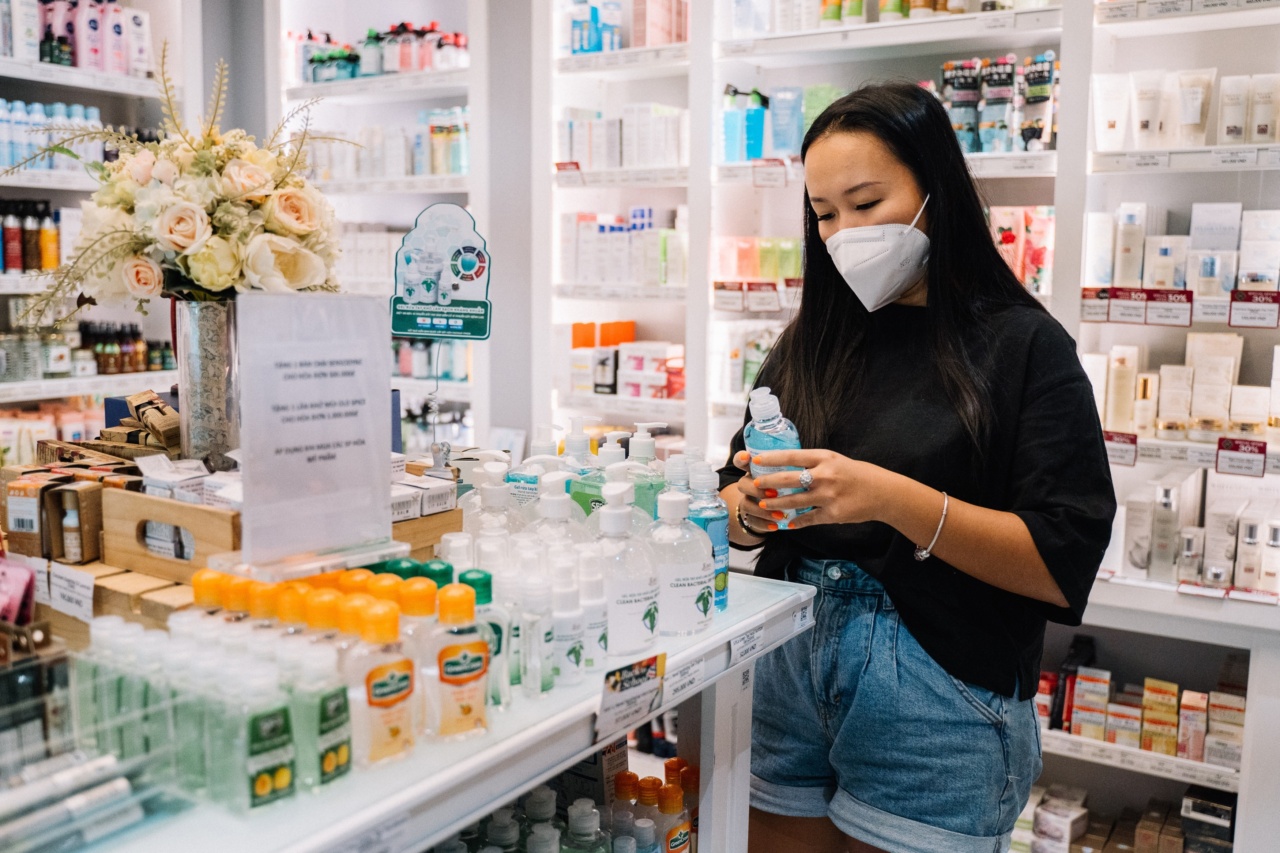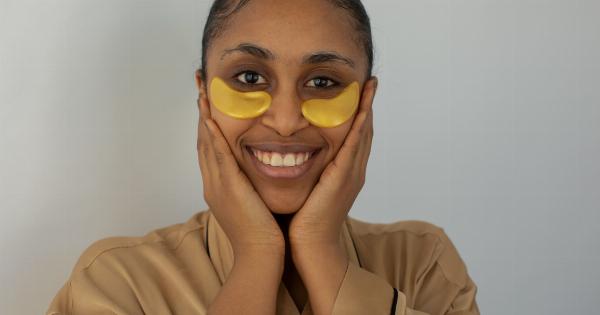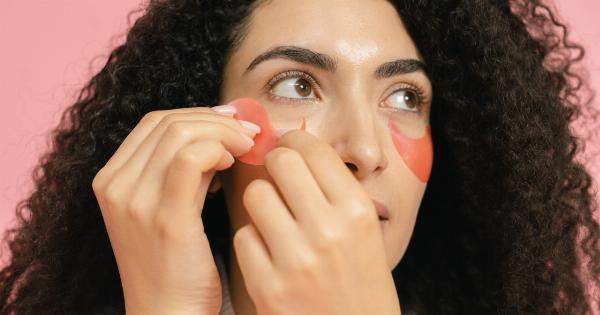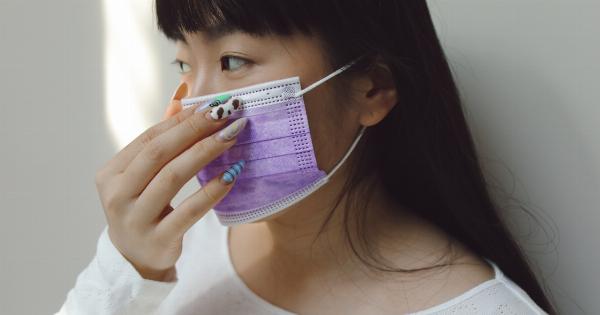Conjunctivitis, commonly known as pink eye, is an inflammation of the conjunctiva – the thin, transparent layer of tissue that lines the inner surface of the eyelid and covers the white part of the eye.
It is a highly contagious condition that can be caused by a bacterial or viral infection, an allergic reaction, or exposure to irritants such as smoke, dust, and chemicals.
Symptoms of Conjunctivitis
The most common symptoms of conjunctivitis include:.
- Redness and swelling of the conjunctiva
- Itchiness, burning, and irritation of the eyes
- Excessive tearing
- Discharge from the eyes, which may be clear or colored
- Sensitivity to light
- Blurred vision
Treatment Options for Conjunctivitis
The treatment of conjunctivitis depends on the underlying cause of the condition. Here are some of the most common treatment options:.
Bacterial Conjunctivitis
Bacterial conjunctivitis is typically treated with antibiotic eye drops or ointment. The medication may need to be continued for several days to fully clear the infection.
It is important to follow the instructions of your doctor to ensure proper treatment and prevent the spread of infection to others.
Viral Conjunctivitis
Like most viral infections, viral conjunctivitis will usually resolve on its own within a few days to a week. There is no specific treatment for viral conjunctivitis, but you can use artificial tears or saline drops to help relieve the symptoms.
Your eye doctor may also prescribe antiviral eye drops in severe cases.
Allergic Conjunctivitis
Allergic conjunctivitis can be treated with antihistamine eye drops or oral medication. Additionally, avoiding the allergen that triggers the reaction can help prevent future flare-ups.
Irritant Conjunctivitis
If conjunctivitis is caused by an irritant such as smoke or chemicals, the best course of action is to remove the irritant and flush the eyes with water. Artificial tears or saline drops can help soothe any remaining discomfort.
Prevention of Conjunctivitis
The following measures can help prevent the spread of conjunctivitis:.
- Wash your hands frequently
- Avoid touching your eyes with your hands
- Do not share personal items such as towels, washcloths, or eye drops
- Cover your mouth and nose when coughing or sneezing
- Stay home if you have symptoms of conjunctivitis until the condition has resolved
When to see a doctor
You should see a doctor if you experience symptoms of conjunctivitis that do not improve within a few days or if you have severe symptoms such as pain, sensitivity to light, or decreased vision.
Additionally, if you have a weakened immune system or a pre-existing health condition, you may be at a higher risk of complications from conjunctivitis and should seek medical attention promptly.
Conclusion
Conjunctivitis is a common condition that can be caused by various factors, including bacterial and viral infections, allergies, and irritants.
Depending on the underlying cause, treatment options can include antibiotics, antiviral medication, antihistamines, or simply avoiding the irritant. Preventative measures such as frequent hand-washing and avoiding contact with infected individuals can help prevent the spread of the condition.




























